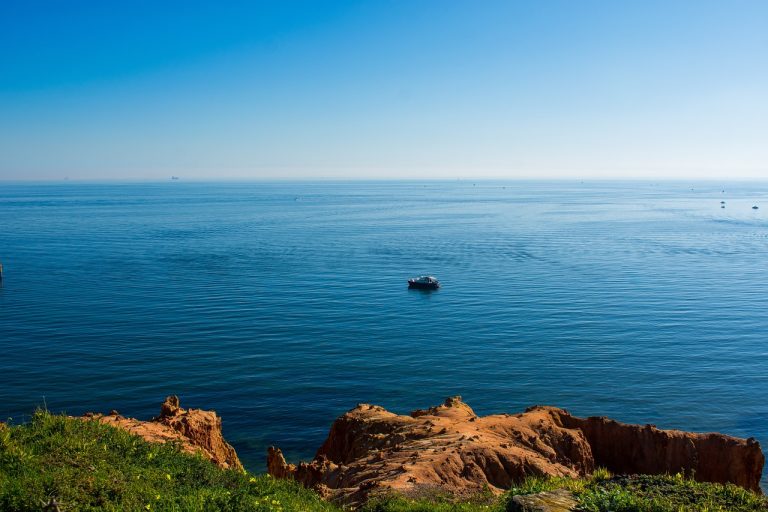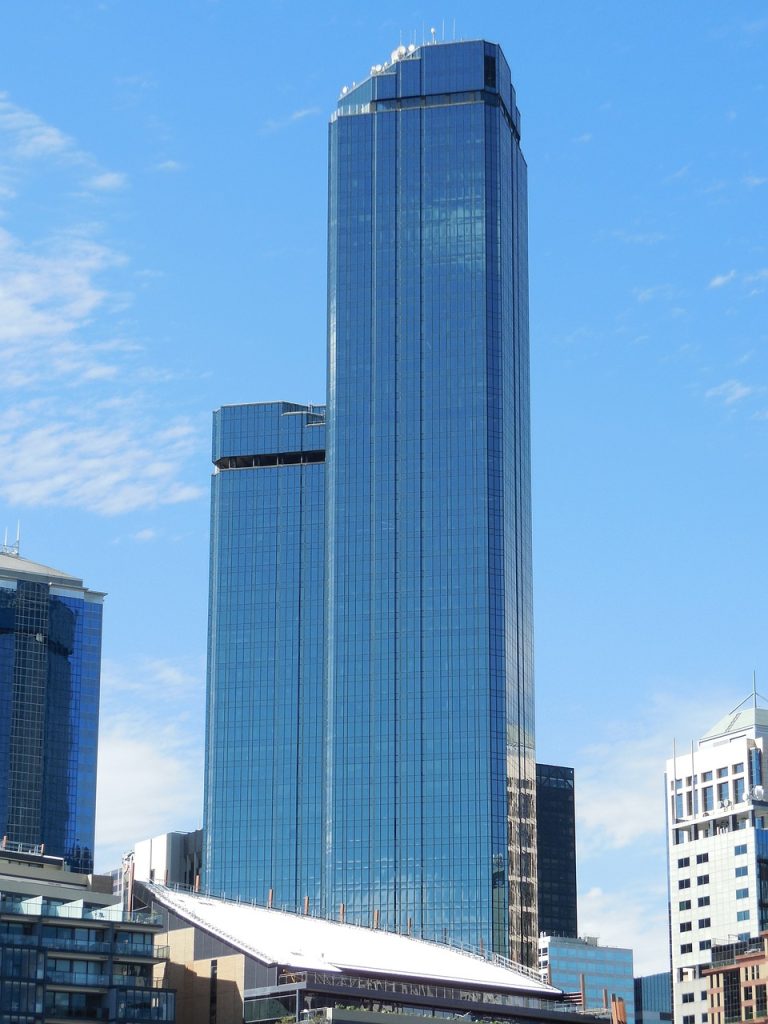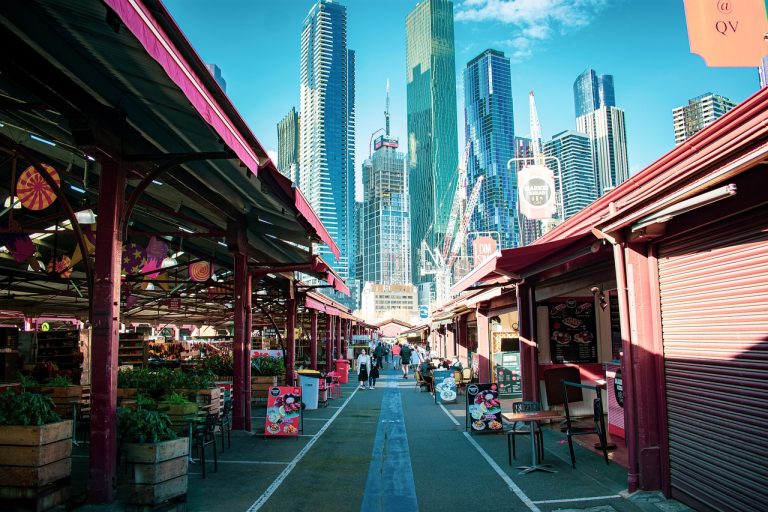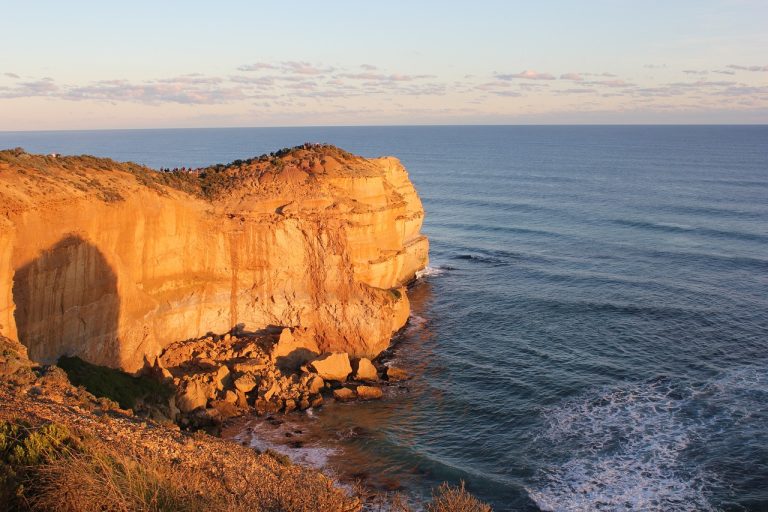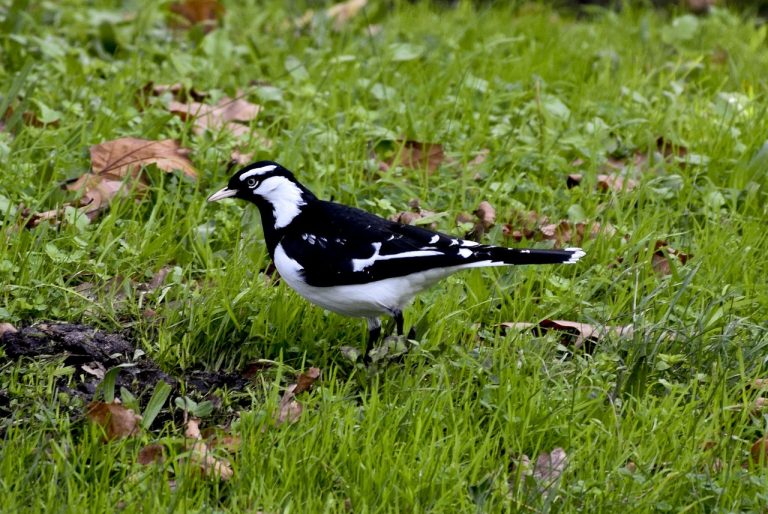Melbourne Australia Video
Eco-tourism in Melbourne Australia: Sustainable and Green Travel Options
Melbourne, Australia is not only a vibrant city but also a destination that offers numerous eco-tourism opportunities. With its commitment to sustainability and preserving the natural environment, Melbourne has become a popular choice for travelers seeking green travel options. From eco-friendly accommodations to outdoor activities focused on conservation, there are plenty of ways to experience the beauty of Melbourne while minimizing your environmental impact.
The Royal Botanic Gardens
The Royal Botanic Gardens in Melbourne is a must-visit for nature enthusiasts. Spanning over 38 hectares, this green oasis is home to a diverse range of plant species. The gardens offer guided walks where visitors can learn about the various flora and fauna, as well as the conservation efforts in place to protect them. Some of the highlights include the Australian Rainforest Walk, the Fern Gully, and the Guilfoyle’s Volcano, which showcases sustainable water management practices.
- Guided Walks: Join one of the guided walks to learn about the plants and conservation efforts.
- Australian Rainforest Walk: Explore the lush greenery and discover unique Australian rainforest plants.
- Fern Gully: Immerse yourself in the tranquility of the fern-filled gully.
- Guilfoyle’s Volcano: Witness sustainable water management practices at this volcanic crater turned water reservoir.
Melbourne Zoo
Melbourne Zoo is not only a popular attraction for animal lovers but also a leader in conservation initiatives. The zoo focuses on education and research to raise awareness about endangered species and their habitats. Visitors can participate in various interactive experiences and learn about the zoo’s efforts to protect wildlife. The zoo also supports sustainable practices, such as recycling, composting, and water conservation.
- Conservation Initiatives: Learn about the zoo’s efforts to protect endangered species and their habitats.
- Interactive Experiences: Get up close with animals and participate in interactive experiences.
- Sustainable Practices: Discover how the zoo incorporates recycling, composting, and water conservation into its operations.
Melbourne Australia Image 1: 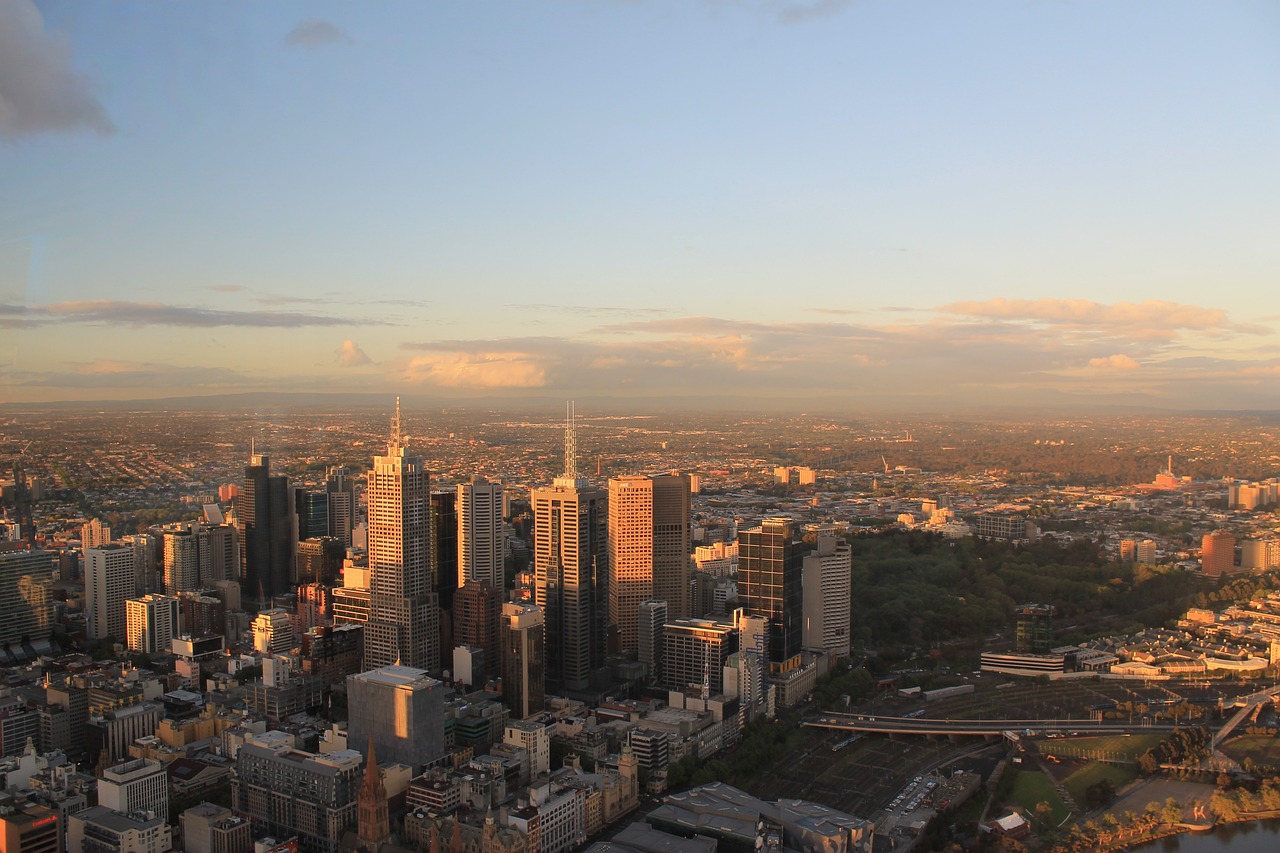
Yarra River
The Yarra River is not only a scenic waterway but also an important part of Melbourne’s ecosystem. It offers various opportunities for eco-friendly activities, such as kayaking, paddleboarding, and cycling along its banks. The river is home to diverse wildlife, including bird species and fish. Visitors can also join river cruises that focus on environmental education and conservation.
- Kayaking and Paddleboarding: Explore the river’s beauty while engaging in eco-friendly water activities.
- Cycling: Ride along the river’s banks on designated cycling paths, enjoying the scenic views.
- Wildlife Spotting: Keep an eye out for bird species and fish that call the river home.
- River Cruises: Join a river cruise that focuses on environmental education and conservation.
Great Ocean Road
The Great Ocean Road is a world-renowned scenic drive that stretches along the southeastern coast of Australia, starting from Melbourne. This iconic road trip offers breathtaking views of the coastline, cliffs, and rock formations. Along the way, visitors can explore the Great Otway National Park, home to ancient rainforests and diverse wildlife. The region is committed to sustainable tourism, with eco-friendly accommodations and initiatives in place to protect the natural environment.
- Scenic Drive: Experience the beauty of the coastline and enjoy stunning views along the Great Ocean Road.
- Great Otway National Park: Explore the ancient rainforests and encounter a variety of wildlife.
- Eco-friendly Accommodations: Stay at sustainable accommodations that prioritize environmental practices.
- Sustainable Tourism Initiatives: Learn about the region’s efforts to protect the natural environment.
Melbourne Australia Image 2: 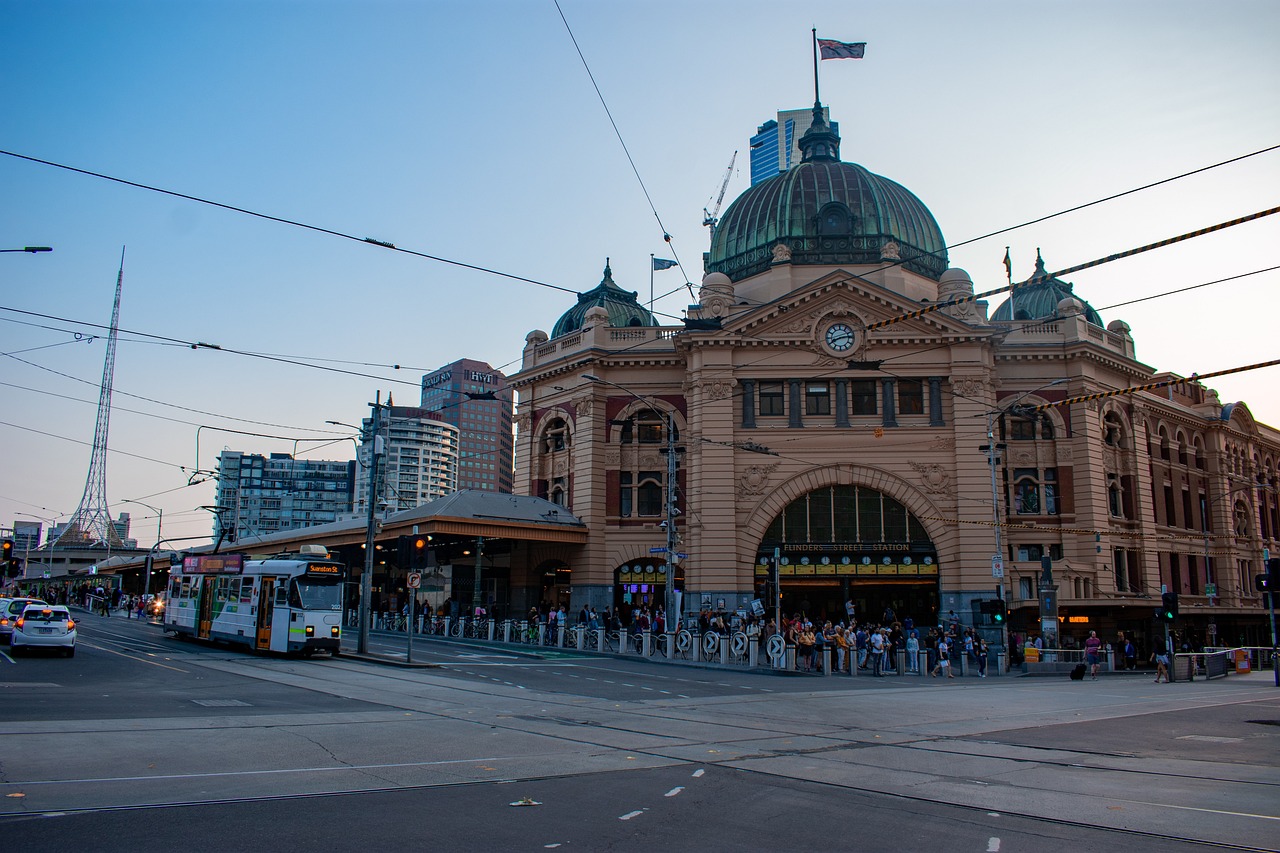
Phillip Island
Phillip Island, located just a short drive from Melbourne, is a haven for wildlife enthusiasts. The island is famous for its penguin parade, where visitors can witness the adorable little penguins returning to shore at sunset. In addition to the penguin parade, Phillip Island offers opportunities to spot seals, koalas, and various bird species. The island also prioritizes sustainable tourism practices, with eco-friendly accommodations and initiatives to protect the local wildlife.
- Penguin Parade: Watch the enchanting penguin parade as the little penguins return to shore.
- Seal Spotting: Visit Seal Rocks and observe the playful seals in their natural habitat.
- Koala Conservation Center: Learn about koalas and their conservation efforts at the Koala Conservation Center.
- Birdwatching: Explore the island’s diverse bird species through guided birdwatching tours.
Healesville Sanctuary
Healesville Sanctuary is a wildlife sanctuary located in the Yarra Valley, just outside of Melbourne. The sanctuary focuses on the conservation and rehabilitation of native Australian animals. Visitors can engage in educational experiences, such as close encounters with koalas, kangaroos, and platypus. Healesville Sanctuary also promotes sustainable practices, including waste reduction and energy conservation.
- Close Encounters: Get up close and personal with iconic Australian animals, including koalas, kangaroos, and platypus.
- Educational Experiences: Learn about the sanctuary’s conservation efforts through interactive experiences and presentations.
- Sustainable Practices: Discover how the sanctuary incorporates waste reduction and energy conservation.
Melbourne Australia Image 3: 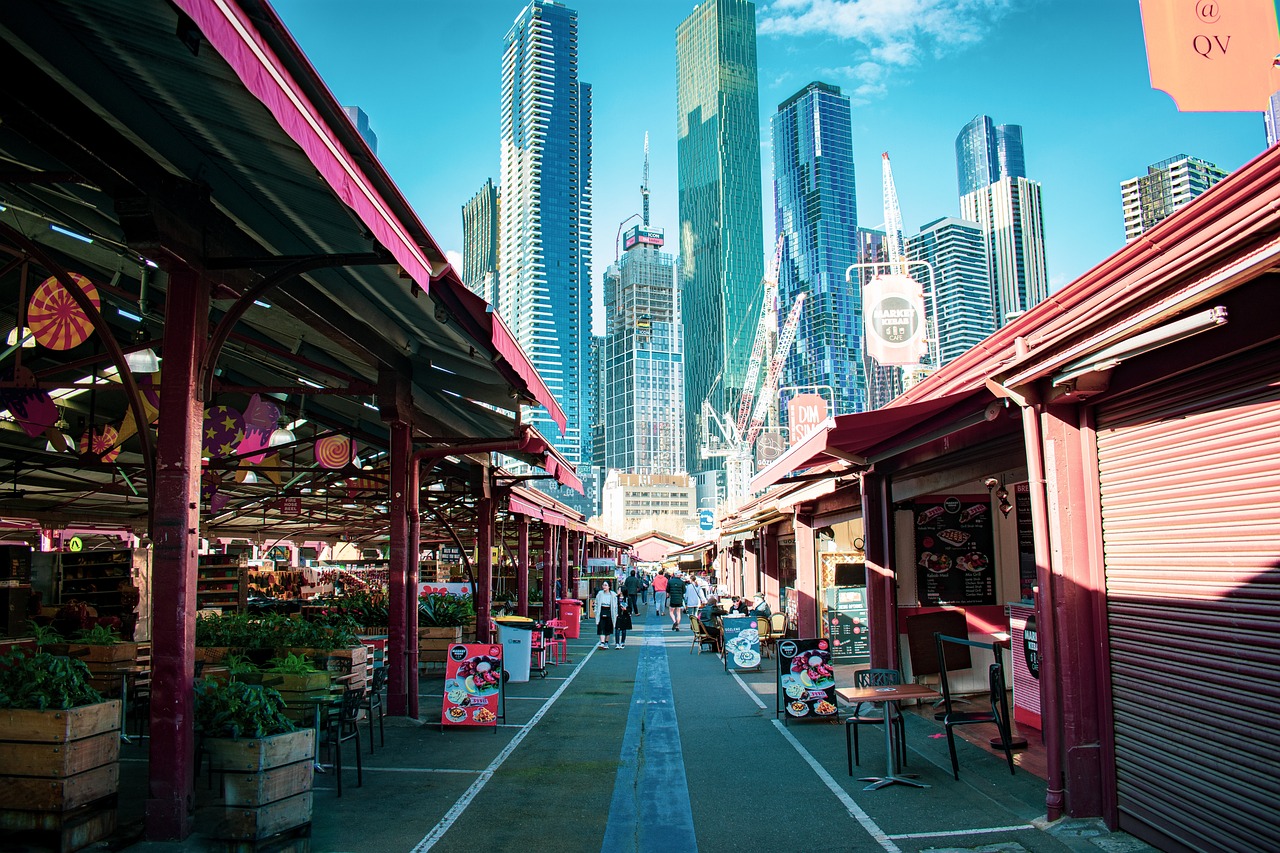
Eco-friendly Accommodations
Melbourne offers a range of eco-friendly accommodations that prioritize sustainability and environmental responsibility. From boutique eco-hotels to eco-lodges nestled in nature, these properties aim to minimize their carbon footprint and promote responsible tourism. Guests can enjoy comfortable stays while supporting businesses committed to eco-tourism.
- Boutique Eco-hotels: Stay in stylish eco-hotels that implement sustainable practices.
- Eco-lodges: Experience nature while staying in eco-lodges that blend seamlessly with the environment.
- Sustainable Practices: Learn about the various sustainable practices implemented by the accommodations.
Farmers Markets and Sustainable Dining
Melbourne is known for its vibrant food scene, and it’s also a hub for sustainable dining. The city’s farmers markets offer fresh, locally sourced produce, supporting local farmers and reducing the carbon footprint associated with long-distance transportation. Many restaurants in Melbourne prioritize sustainable practices, such as using organic ingredients, minimizing food waste, and supporting ethical farming.
- Farmers Markets: Explore the city’s farmers markets and indulge in fresh, locally sourced produce.
- Sustainable Restaurants: Dine at restaurants that prioritize sustainability and ethical practices.
- Organic Ingredients: Discover restaurants that use organic ingredients to create delicious dishes.
- Minimizing Food Waste: Learn about the efforts made by restaurants to reduce food waste.
Public Transportation and Cycling
Melbourne offers an extensive public transportation system, including trams, trains, and buses, making it easy for visitors to explore the city sustainably. Opting for public transportation helps reduce carbon emissions and promotes a greener way of getting around. Additionally, the city has dedicated cycling paths, allowing cyclists to explore Melbourne’s attractions while enjoying the outdoors.
- Public Transportation: Utilize the city’s trams, trains, and buses to navigate Melbourne in an eco-friendly way.
- Cycling Paths: Rent a bike and explore the city’s attractions while enjoying the outdoors.
- Reduced Carbon Emissions: Contribute to reducing carbon emissions by choosing sustainable transportation options.
Conclusion
Melbourne, Australia offers a wealth of eco-tourism opportunities for travelers who are passionate about sustainability and preserving the natural environment. From exploring the Royal Botanic Gardens to witnessing the penguin parade on Phillip Island, there are numerous ways to engage with nature and learn about conservation efforts. By choosing eco-friendly accommodations, supporting sustainable dining options, and utilizing public transportation, visitors can minimize their environmental impact while enjoying all that Melbourne has to offer.
References
– Royal Botanic Gardens Victoria: www.rbg.vic.gov.au
– Melbourne Zoo: www.zoo.org.au/melbourne
– Visit Victoria – Yarra River: www.visitvictoria.com
– Visit Great Ocean Road: www.visitgreatoceanroad.org.au
– Phillip Island Nature Parks: www.penguins.org.au
– Healesville Sanctuary: www.zoo.org.au/healesville
– Sustainable Tourism Australia: www.sustainabletourismaustralia.com
– Melbourne Farmers Markets: www.mfm.com.au
– Public Transport Victoria: www.ptv.vic.gov.au


